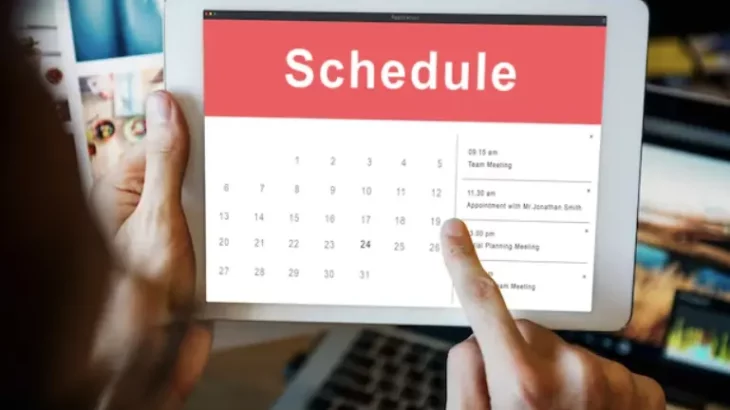A foreign worker on a non-immigrant visa status in the United States (such as L-1, H-1B, E-2, etc.) may be needed to stay longer and work beyond the expiry of their admitted stay that was granted at the time of entering the United States, or as per their latest I-94, in which case the filing of an extension petition may become necessary. The foreign worker’s US employer will file the I-129 with the USCIS, requesting to extend their non-immigrant status. Extension petitions can be filed only if the employee (beneficiary) is present in the US at the time of filing.
USCIS will generally not grant an extension approval if the foreign workers have failed to maintain their non-immigrant status or if their status has expired before the extension petition filing date. Even during the validity period of their granted stay in the US, an employee could fall out of status; for example, an L-1 employee could lose their status if there is a structural change in the foreign employer abroad resulting in severance of the “qualifying relationship” between the foreign and US employer, as required for L-1 purposes.
The timing of filing the extension petition is crucial as it has implications. A late filing of an extension request, meaning filing after the expiry of the granted stay (generally until expiry of latest I-94), can result in them falling out of status. This can at times have dire consequences, as unlawful presence in the US beyond certain prescribed periods trigger various bars to entering the country. Thus, it’s very important to keep a track of petition/expiry dates and ensure timely filings of extension requests to avoid undesirable situations.
Under certain circumstances, USCIS has discretion to condone late extension filings. These circumstances are:
- Delay was due to extraordinary circumstances beyond the person’s control;
- The length of delay was commensurate with the circumstances;
- The person has not otherwise violated their nonimmigrant status;
- The person remains a bona fide nonimmigrant; and
- The person is not the subject of removal proceedings and deportation proceedings.
On January 25, 2024, USCIS updated their Policy Manual to clarify extraordinary circumstances that would allow USCIS discretion to excuse untimely extension filings. These circumstances include situations where delay arose from a stoppage of work involving a strike, lockout, or other labor dispute; or due to inability to obtain a certified labor condition application due to a lapse in government funding supporting those adjudications.
If USCIS approves an untimely extension petition, the approval is effective as of the date of the expiration of the prior non-immigrant admission period.
This article has been written by Zeenat Phophalia, Esq. Of Counsel, Davies & Associates, India Office.
Zeenat Phophalia is qualified to practice law in New York, United Kingdom and India. She practices in the area of U.S. immigration law with a focus on business immigration, and has represented corporate clients including large and medium sized companies and startups across sectors such as IT, consulting, consumer goods, manufacturing and telecommunications.
Looking for an US immigration lawyer? Request free consultation at Davies & Associates or find our closest location around the world.


























